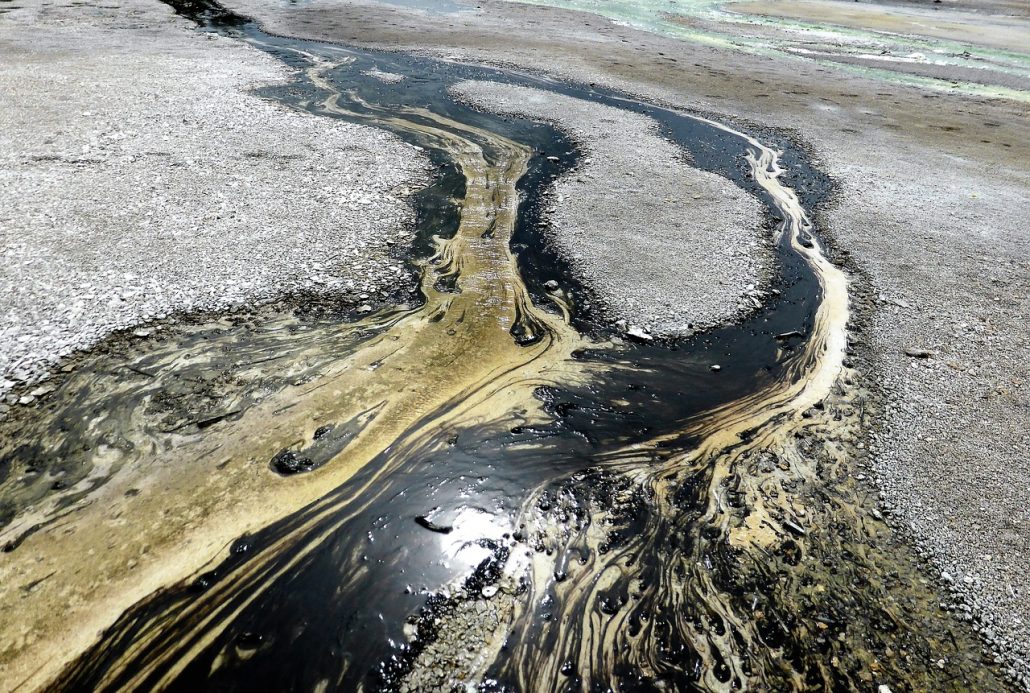RepRisk study: Greenwashing and social washing on the rise!
The recently published study by RepRisk report reveals that greenwashing has increased significantly. There are also more and more cases of social washing. Social laundering mainly occurs in companies that also attract attention through greenwashing.
Below are a few key findings from the study:
- Research by data science company RepRisk has found that one in four climate-related ESG risk incidents worldwide was linked to greenwashing - an increase from one in five incidents in last year's report. ESG risk incidents occur when companies communicate misleadingly about environmental issues. For example, when an advertising campaign that misleads consumers about environmental impacts is criticized, when research shows that a company overstates the impact of an initiative, or when a company reports on measures that are in direct contradiction to its climate commitments.
- 31% of listed companies associated with greenwashing between September 2018 and September 2023 were also associated with social washing.
- Banks and financial service providers have seen a 70% increase in climate-related greenwashing incidents in the last 12 months.
In times when sustainable products and investment opportunities are increasingly coming to the fore, it is not surprising that companies use terms such as "climate neutral" or "green" in their marketing. Unfortunately, there are always cases where companies make claims that are not true. The RepRisk report, published for the second time, shows in detail in which sectors greenwashing allegations are increasingly occurring, which trends can be observed and how greenwashing can be tackled. This year, particular attention was paid to social washing.
Social washing occurs when companies make misleading claims about their social responsibility and portray themselves in a positive light while concealing an underlying social problem. While most current research on social washing focuses on diversity issues, social washing can be found across a broad spectrum of issues. For example, human rights abuses and corporate complicity in human rights abuses are the most common social washing issues. In addition to human rights violations, social washing incidents are repeatedly linked to social discrimination and discrimination in the workplace, even though the companies concerned advertise equality. Furthermore, greenwashing and social washing are often linked: 55% of greenwashing incidents worldwide also have a social component.
Greenwashing on the rise, especially in the financial sector:
While almost all industries are now confronted with greenwashing allegations, the banking and finance sector in Europe and the Americas is at the forefront. An increase of 70% in climate-related greenwashing incidents has been observed here. Particularly problematic: in over 50% of these climate-related greenwashing incidents, either fossil fuels were financed or a financial institution was linked to an oil and gas company. These incidents are not isolated, and regulators are increasingly aware of the scale of the problem. As early as May 2023, the European Banking Authority used data from the RepRisk study to categorize misleading communications in the banking sector and measure the increase in their prevalence in the European Union over time.
How can green and social washing be combated?
The reasons for greenwashing and social washing include the increasing demand for sustainable products and companies as well as the expectation that a sustainable image brings competitive advantages. Standardized definitions of sustainability as well as regulations and authorities to monitor them are a sensible antidote. The financial sector in particular has a duty to comply with its disclosure obligations and to adapt its sustainable product portfolio to existing regulations such as the EU taxonomy and to report on it transparently. Consistent and high-quality data is necessary in order to apply existing rules effectively. An independent external view can create confidence that companies are acting in accordance with their environmental and social obligations.
Conclusion: More and more companies are facing accusations of greenwashing and social washing. Future and existing regulations will address these problems. Companies are well advised to subject their sustainable products and services to closer scrutiny in order to avoid possible consequences. High-quality data management is essential here.
Curious? CURENTIS AG supports you with regulatory requirements. More information at www.curentis.com



